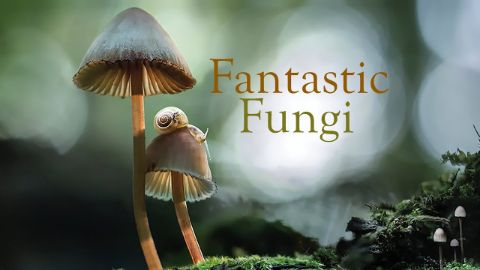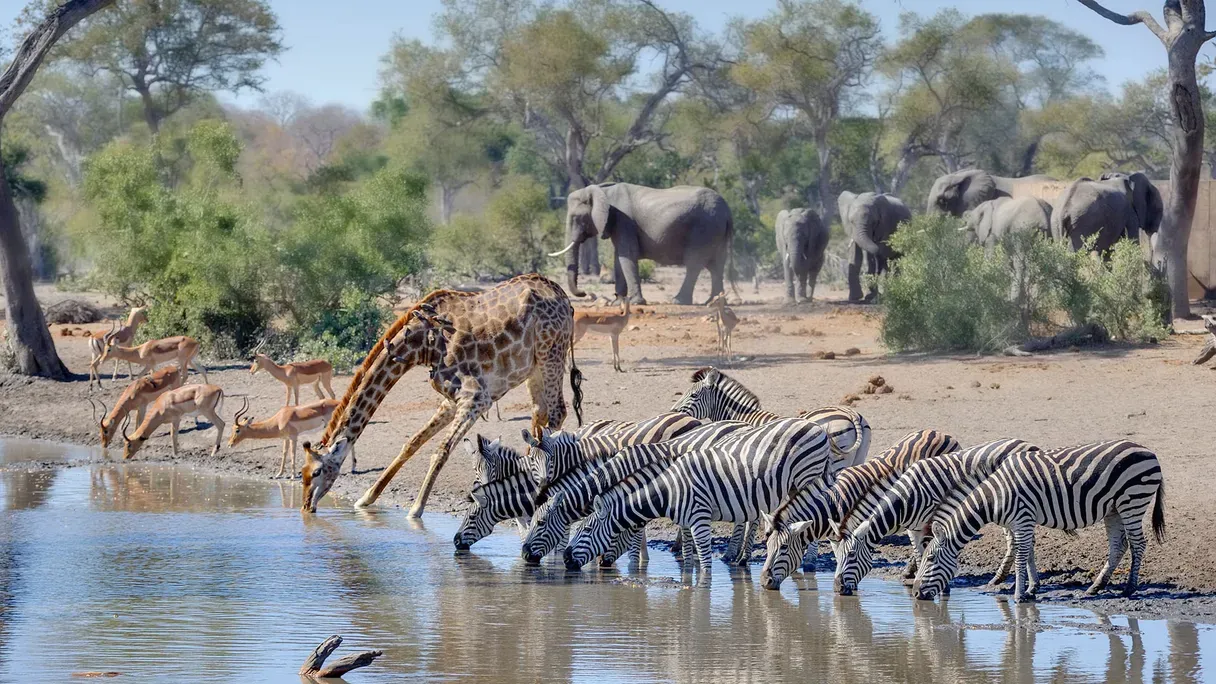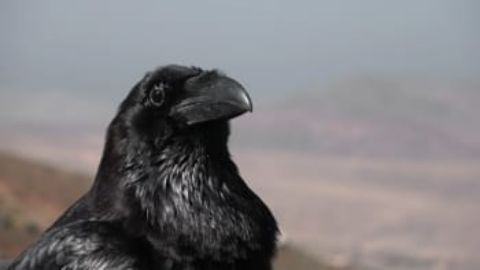Ghost Bear Family • 2015
In the vast Canadian wilderness, there lives a very special bear family. Just out of hibernation, two black cubs have a pure white mother. She's not a polar bear or albino - locally she's known as a ghost bear. This far north, winter is never far away, and this unusual family must work hard to find enough food to see them through. They will also need to avoid other large predators, but being so different could bring them unwelcome attention.
Make a donation
Buy a brother a hot coffee? Or a cold beer?
Hope you're finding these documentaries fascinating and eye-opening. It's just me, working hard behind the scenes to bring you this enriching content.
Running and maintaining a website like this takes time and resources. That's why I'm reaching out to you. If you appreciate what I do and would like to support my efforts, would you consider "buying me a coffee"?
Donation addresses
BTC: bc1q8ldskxh4x9qnddhcrgcun8rtvddeldm2a07r2v
ETH: 0x5CCAAA1afc5c5D814129d99277dDb5A979672116
With your donation through , you can show your appreciation and help me keep this project going. Every contribution, no matter how small, makes a significant impact. It goes directly towards covering server costs.





